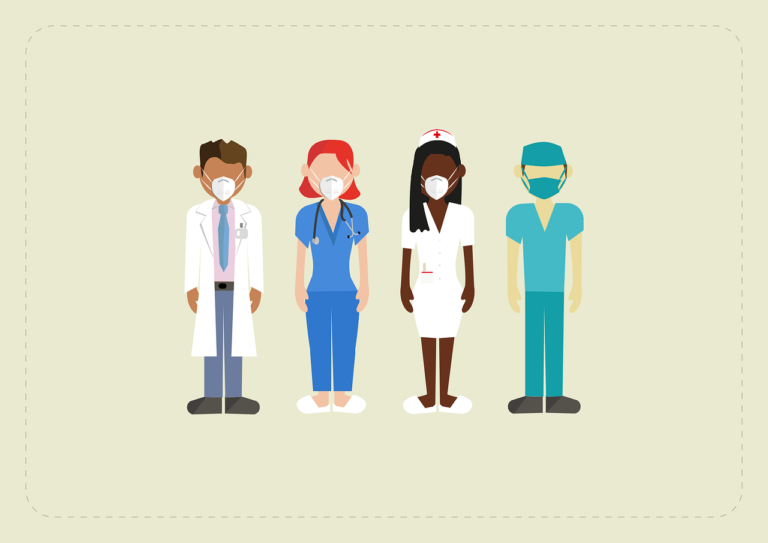Does Health Equity Exist In a World Like Ours?
The ideal of health equity, where everyone has the opportunity to attain their full health potential regardless of background or circumstance, feels increasingly distant in our complex and unequal world. The question to ask yourself Does Health Equity Exist In a World Like Ours?
While advancements in medicine and public health have improved lives globally, stark disparities in health outcomes persist across different social, economic, and geographic groups.
Does Health Equity Exist In a World Like Ours?
This brings us to the question: does true health equity truly exist in a world like ours?
The answer, unfortunately, is not a simple yes or no.
There are glimpses of progress, interwoven with stubborn threads of inequality. Let’s delve into this multifaceted issue:
MEASURES PUT IN PLACE TO ACHIEVE HEALTH EQUITY
The following are various ways to achieve health equity:
- Increased awareness:
Public discourse and activism are spotlighting health inequities, putting pressure on policymakers and institutions to address them.
- Targeted interventions:
Programs like community health centers, subsidized healthcare, and educational initiatives are tackling specific health challenges faced by disadvantaged groups.
- Global efforts:
International organizations like the WHO are advocating for equitable access to healthcare and essential resources, promoting collaboration across borders.
- Technological advancements:
Telemedicine, mHealth, and other innovations are expanding access to healthcare in remote and underserved areas.
OBSTACLES TO HEALTH EQUITY
Talking about health equity , here are some of the barriers to it.
- Social determinants of health:
Poverty, lack of education, discrimination, and limited access to healthy food and safe environments significantly impact health outcomes.
READ ALSO: How to become a Geriatric Nurse
- Structural inequities:
Policies, systems, and institutions often perpetuate discrimination and disadvantage certain groups, limiting their access to quality healthcare and resources.
- Resource scarcity:
Unequal distribution of healthcare resources, personnel, and funding creates disparities in access to quality care, particularly in low-income and marginalized communities.
- Commercialization of healthcare:
The profit motive in healthcare systems can prioritize expensive interventions over preventive care and accessible services for vulnerable populations.
APPROACH TO ACHIEVING HEALTH EQUITY
While achieving perfect health equity remains a distant ideal, it’s crucial to acknowledge the progress made and ongoing efforts.
However, recognizing the persistent challenges is equally important.
We must move beyond simplistic narratives and delve into the complex interplay of factors that contribute to health inequities.
Moving Towards a More Equitable Future
The path to health equity demands a multifaceted approach:
- Addressing social determinants of health:
Investing in education, poverty reduction, safe housing, and healthy environments creates a foundation for better health outcomes for all.
- Dismantling structural inequities:
Policies and practices that perpetuate discrimination must be challenged and reformed to ensure equal access to opportunities and resources.
- Increasing healthcare access and affordability:
Expanding healthcare coverage, reducing costs, and ensuring culturally competent care are crucial for closing the equity gap.
- Investing in community-based solutions:
Empowering communities to address their own health needs through culturally relevant programs and partnerships is essential for sustainable progress.
CONCLUSION:
Achieving health equity is not a single destination, but rather a continuous journey that requires ongoing commitment and action from individuals, communities, institutions, and governments.
By acknowledging the complexities, celebrating progress, and working collaboratively towards solutions, we can move closer to a world where everyone has the opportunity to live a healthy life, regardless of who they are or where they come from.







